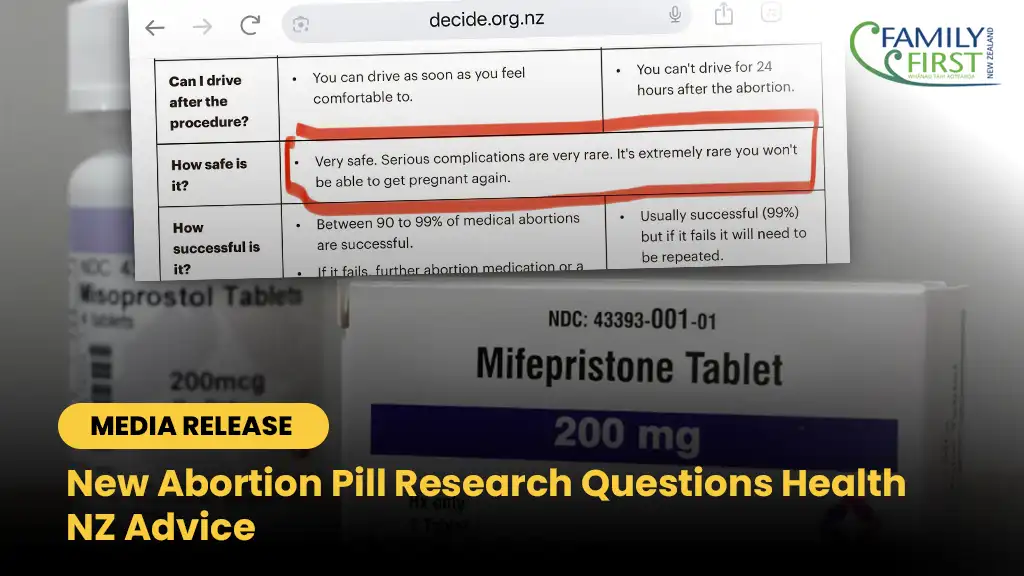Family First Media Release 8 February 2012
“Full-time parenting should be seen as a child’s right.”
“New Zealand should undergo a timely and long overdue re-evaluation of motherhood.” – Dr Aric Sigman
A new report examining daycare, and the new generation of research from the biosciences, argues that policymakers and governments are not presenting the full picture of the real-time effects of extended daycare on children.
The report “WHO CARES? Mothers, Daycare and Child Wellbeing in New Zealand” was commissioned by the family group Family First NZ, and prepared by UK psychologist Dr Aric Sigman. Dr Sigman is a Fellow of the Society of Biology, and an Associate Fellow of the British Psychological Society. He has addressed the European Parliament Working Group on the Quality of Childhood in the European Union in Brussels, and has also presented research to the same group on the impact of electronic media on child and adolescent health. He authored a 2011 report, also commissioned by Family First, on the medical evidence of alcohol on young people, and which called for the drinking age in NZ to be raised to 21.
In “WHO CARES?”, Dr Sigman argues that attending daycare for an extended time, and the consequent separation from parents, is a significant source of stress for many young children which could have potential long-term consequences for their mental and physical health as adults. He argues that what has previously proved elusive is an understanding of how the young child is affected emotionally and physiologically, and how they experience day care while they are actually there.
“There is growing evidence of profound beneficial neurobiological effects a mother’s physical presence has on her young child that cannot be achieved by anyone else including paid childcare workers,” says Dr Sigman. “Mothers have been undervalued. NZ should undergo a timely and long overdue re-evaluation of motherhood.”
“Full-time parenting should be seen as a child’s right, and any discussion of daycare should cease communicating what is assumed adults are interested in and instead make judgments about what is likely to be in children’s best interests. Terms, such as ‘family-friendly policies’, ‘flexi-hours’ and ‘maternity leave’ often amount to meeting the needs of the parent and the economy, not the child.”
The report makes a number of recommendations including:
• discussions of childcare must have the wellbeing of the child as the main priority, not parental guilt
• the current bias whereby the government invests in professionals to care for children while offering no tax breaks or economic incentives for parents who sacrifice careers and income to be full-time carers for their young children should be removed
• full-time mothers should be recognised and valued, and full-time parenting should be seen as a child’s right
• the quality of care should not be used to override or distract attention from the unavoidable fundamental issue of the quantity of care
• paid parental leave should be extended considerably so that parents are not compelled to compromise good parenting because they have to work full-time to survive financially.
Family First is welcoming the report, and says that with government spending on early childhood education almost tripling in the past ten years, it is essential that the benefits of the investment in ECE are weighed against the real needs of children and their families – based on the latest research.
“This report provides compelling evidence that the political and policy focus has been on the needs of the economy and the demands on mothers, rather than on the welfare of children and the vital role of parents,” says Bob McCoskrie, National Director of Family First NZ.
The Full Report can be downloaded from www.familyfirst.org.nz
ENDS



